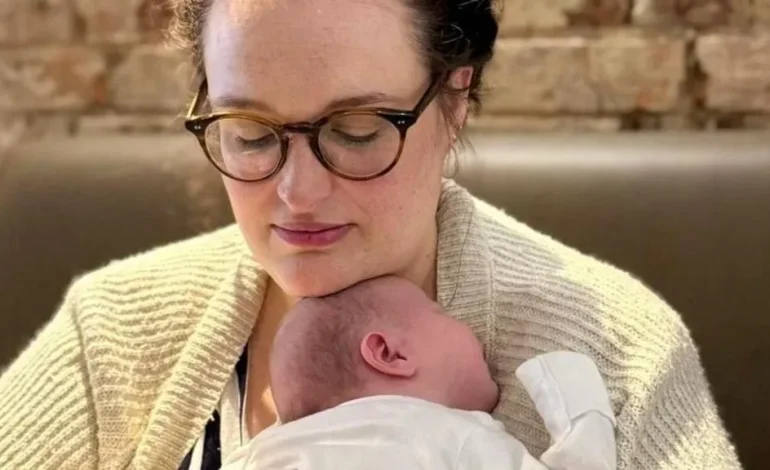Researchers in the United Kingdom have developed a diagnostic test that could help identify women at higher risk of miscarriage due to abnormalities in the womb lining, potentially paving the way for new treatments for those experiencing repeated pregnancy loss, BBC reports.
The team at Warwick University discovered that, in some women with a history of miscarriage, the endometrial lining of the womb does not properly transition into a supportive environment needed for embryo implantation. This disruption may increase the likelihood of early pregnancy loss, often before 12 weeks.
Published as part of ongoing research into pregnancy loss, the findings suggest that the health of the womb lining — rather than the embryo alone — plays a significant role in pregnancy outcomes.
According to Dr. Jo Muter of Warwick Medical School, “Many women are told they’ve just had ‘bad luck’, but our findings show that the womb itself may be setting the stage for pregnancy loss, even before conception takes place.”
Roughly one in six pregnancies ends in miscarriage, and each loss can raise the risk of subsequent miscarriages. While most research in this area has historically focused on embryo quality, the Warwick team’s study shifts the spotlight to uterine health.
The newly developed test measures whether the endometrial lining is undergoing the correct biological changes needed to support pregnancy. It is currently being piloted with more than 1,000 patients at Tommy’s National Centre for Miscarriage Research, based at University Hospital Coventry & Warwickshire (UHCW).
One participant, Charlie Beattie, 37, experienced multiple miscarriages over a four-year period. Through the pilot, she learned her womb lining was not conducive to supporting a pregnancy. After a three-month course of sitagliptin — a medication typically used to treat diabetes but repurposed in this context — she successfully carried a pregnancy to term and gave birth to her daughter, June.
“It doesn’t feel real,” Beattie said. “She’s a tiny miracle.”
Although the test has shown promise, access remains limited. The pilot program has a lengthy waiting list, and due to funding constraints, patients are required to contribute to the cost of testing.
Dr. Jyotsna Vohra, director of research at the pregnancy charity Tommy’s, emphasized the need for equitable access.
“There should be no barriers to accessing any test or treatment that has been proven to make a difference,” she said. “We hope NHS decision-makers will consider the Coventry pilot results and explore a national rollout.”
Researchers are now exploring whether other existing medications, in addition to sitagliptin, could be repurposed to support the womb lining. Dr. Muter noted that with most drugs not tested on pregnant women, identifying safe and effective treatments remains a challenge.










The latest news in your social feeds
Subscribe to our social media platforms to stay tuned